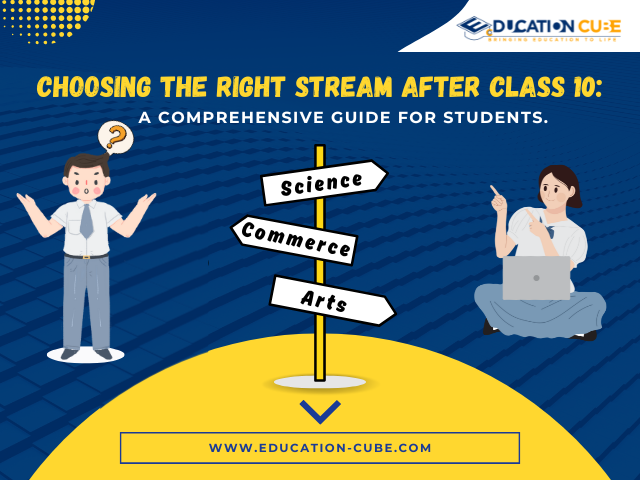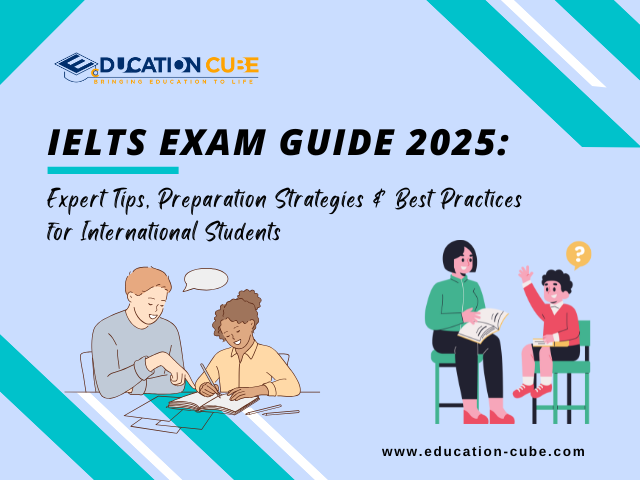
Finding Your Voice: Student's Guide to Unlocking the Power of Communication
Understanding the importance of finding your voice
Finding your voice is about discovering your unique way of expressing yourself authentically and compellingly. It is the key to building rapport, fostering meaningful connections, and leaving a lasting impression. When you find your voice, you gain confidence, authenticity, and the ability to connect with others on a deeper level.
Here’s a comprehensive guide to help students unlock the power of communication by finding their voice:
Embracing Authenticity: Authenticity is the key to finding your voice. It's about being true to yourself, your beliefs, and your experiences. Embrace your quirks, flaws, and strengths. They all contribute to your unique voice.
Exploring Different Communication Styles: Communication styles: Communication is not one-size-fits-all. Explore different communication styles from assertive to empathetic, analytical to creative. Experiment with tone, body language, and storytelling techniques to find what resonates best with you and your audience. Remember, versatility is a valuable skill in a communicative endeavor.
Finding Confidence Through Preparation: Confidence stems from preparation, a job interview, or a casual conversation. Thorough preparation can significantly boost your confidence. Research your topic, anticipate questions, and practice daily. The more prepared you are, the more confident and articulate you’ll be when expressing your thoughts.
Developing Active Listening Skills: Effective communication is a two-way street. Cultivate active listening skills to understand other’s perspectives, concerns, and emotions genuinely. Practice empathy, ask clarifying questions, and give genuine feedback. By listening attentively, you strengthen your relationships and gain valuable insights that can inform your communication style.
Overcoming Fear of Judgement: Fear of judgment can stifle your voice and inhibit your communication abilities. Recognize that everyone experiences moments of self-doubt and insecurity. Instead of letting fear hold you back, reframe it as an opportunity for growth. Embrace vulnerability, accept constructive criticism, and learn from your mistakes. Remember, the most influential voices often emerge from moments of vulnerability and resilience.
Harnessing the Power of Storytelling: Storytelling is a potent tool for communication. Whether you’re delivering a presentation, writing an essay, or engaging in casual conversation, storytelling captivates attention, evokes emotions, and fosters connection. Craft narratives that resonate with your audience weaving in personal anecdotes, vivid imagery, and universal themes. By sharing your stories, you invite others to see the world through your eyes and experience the power of your perspectives.
Cultivating Empathy and Respect: Effective communication is rooted in empathy and respect. Treat others with kindness, humility, and openness. Seek to understand diverse perspectives even if they differ from your own. Cultivate meaningful relationships based on mutual trust and collaboration, by fostering an environment of empathy and respect, you create space for everyone to find and express their voice freely.
Finding your voice is an ongoing journey that requires self-discovery, courage, and perseverance. As a student, honing your communication skills is not just a means to an end; it’s a lifelong investment in your personal and professional growth. Embrace authenticity, cultivate confidence, and harness the power of storytelling. You will not only amplify your voice but also inspire others to find theirs through the power of communication.
Understanding the importance of finding your voice
Finding your voice is about discovering your unique way of expressing yourself authentically and compellingly. It is the key to building rapport, fostering meaningful connections, and leaving a lasting impression. When you find your voice, you gain confidence, authenticity, and the ability to connect with others on a deeper level.
Here’s a comprehensive guide to help students unlock the power of communication by finding their voice:
Embracing Authenticity: Authenticity is the key to finding your voice. It's about being true to yourself, your beliefs, and your experiences. Embrace your quirks, flaws, and strengths. They all contribute to your unique voice.
Exploring Different Communication Styles: Communication styles: Communication is not one-size-fits-all. Explore different communication styles from assertive to empathetic, analytical to creative. Experiment with tone, body language, and storytelling techniques to find what resonates best with you and your audience. Remember, versatility is a valuable skill in a communicative endeavor.
Finding Confidence Through Preparation: Confidence stems from preparation, a job interview, or a casual conversation. Thorough preparation can significantly boost your confidence. Research your topic, anticipate questions, and practice daily. The more prepared you are, the more confident and articulate you’ll be when expressing your thoughts.
Developing Active Listening Skills: Effective communication is a two-way street. Cultivate active listening skills to understand other’s perspectives, concerns, and emotions genuinely. Practice empathy, ask clarifying questions, and give genuine feedback. By listening attentively, you strengthen your relationships and gain valuable insights that can inform your communication style.
Overcoming Fear of Judgement: Fear of judgment can stifle your voice and inhibit your communication abilities. Recognize that everyone experiences moments of self-doubt and insecurity. Instead of letting fear hold you back, reframe it as an opportunity for growth. Embrace vulnerability, accept constructive criticism, and learn from your mistakes. Remember, the most influential voices often emerge from moments of vulnerability and resilience.
Harnessing the Power of Storytelling: Storytelling is a potent tool for communication. Whether you’re delivering a presentation, writing an essay, or engaging in casual conversation, storytelling captivates attention, evokes emotions, and fosters connection. Craft narratives that resonate with your audience weaving in personal anecdotes, vivid imagery, and universal themes. By sharing your stories, you invite others to see the world through your eyes and experience the power of your perspectives.
Cultivating Empathy and Respect: Effective communication is rooted in empathy and respect. Treat others with kindness, humility, and openness. Seek to understand diverse perspectives even if they differ from your own. Cultivate meaningful relationships based on mutual trust and collaboration, by fostering an environment of empathy and respect, you create space for everyone to find and express their voice freely.
Finding your voice is an ongoing journey that requires self-discovery, courage, and perseverance. As a student, honing your communication skills is not just a means to an end; it’s a lifelong investment in your personal and professional growth. Embrace authenticity, cultivate confidence, and harness the power of storytelling. You will not only amplify your voice but also inspire others to find theirs through the power of communication.
 Software Developer: Powering the Digital World Through Innovation
Software Developer: Powering the Digital World Through Innovation
 Global Pharmacy Programs: Elevate Your Career with World-Class Education and Practical Exposure
Global Pharmacy Programs: Elevate Your Career with World-Class Education and Practical Exposure
 Artificial Intelligence (AI) and Machine Learning (ML) Careers: Building the Future of Innovation
Artificial Intelligence (AI) and Machine Learning (ML) Careers: Building the Future of Innovation
 Beyond Rankings: How to Choose the Right Country and University for Higher Studies
Beyond Rankings: How to Choose the Right Country and University for Higher Studies
 Study Cloud Computing Abroad: Destinations, Courses, Careers & Trends for 2025
Study Cloud Computing Abroad: Destinations, Courses, Careers & Trends for 2025
 Choosing the Right Stream After Class 10: A Comprehensive Guide for Students
Choosing the Right Stream After Class 10: A Comprehensive Guide for Students
 IELTS Exam Guide 2025: Expert Tips, Preparation Strategies & Best Practices for International Students
IELTS Exam Guide 2025: Expert Tips, Preparation Strategies & Best Practices for International Students
 A Comprehensive Guide to Writing a Letter of Intent for Higher Education
A Comprehensive Guide to Writing a Letter of Intent for Higher Education
 Study in France: A Comprehensive Guide for International Students
Study in France: A Comprehensive Guide for International Students
 International Relations & Political Science: Studying Global Affairs Abroad
International Relations & Political Science: Studying Global Affairs Abroad
00 Comments
Leave a Comment